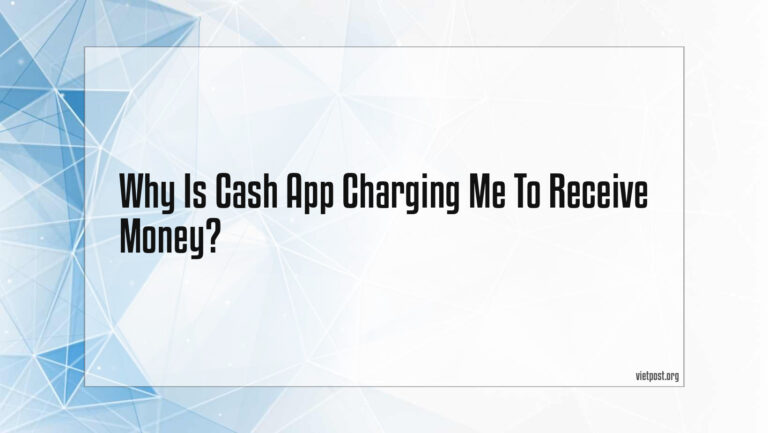Who Will Give A Loan To Anyone?
Banks will give loans to people who have good credit.
When you think about it, who would give a loan to just anyone? A bank, maybe, but even then, they would likely require some kind of collateral or security. The same goes for private lenders. So, if you’re wondering if there’s some secret society of loan providers who will give money to anyone who asks, the answer is probably no. There are, however, a few options for those in need of financial assistance.
One option is to look into government assistance programs. These programs are typically designed to help low-income individuals or families, but they can sometimes offer loans for those in need. Another option is to seek out a personal loan from a friend or family member. This option is often more expensive than other options, but it can be a viable option for those who have no other options.
Ultimately, it’s important to remember that loans are not free money. They need to be repaid, and if you can’t repay them, you could end up in a lot of financial trouble. Before taking out a loan, be sure to explore all of your options and make sure you can repay the loan.
Who Will Give A Loan To Anyone?
Banks will give a loan to anyone who meets their requirements.

It’s a common question: Who will give a loan to anyone?The answer is, quite simply, a lender.
A lender is a financial institution that offers loans to individuals and businesses. The loans may be for a specific purpose, such as to purchase a car or to consolidate debt, or they may be general purpose, used for anything the borrower chooses.
Interest rates and terms vary depending on the lender, the borrower’s credit history and score, and the purpose of the loan. Some lenders will only give loans to people with good credit, while others are more willing to take a chance on people with less-than-perfect credit.
There are many different types of lenders, from banks and credit unions to online lenders and peer-to-peer lending platforms. Each has its own advantages and disadvantages, so it’s important to shop around and compare before choosing a lender.
Here’s a quick overview of some of the most common types of lenders:
Banks: Banks are traditional lenders that offer a wide range of loans, from personal loans to business loans. They usually have strict eligibility requirements and require collateral for some loans.
Credit unions: Credit unions are nonprofit organizations that offer loans to members. They often have lower interest rates and fees than banks.
Online lenders: Online lenders are a newer type of lender that offers loans completely online. They may have looser eligibility requirements than banks, but they often have higher interest rates.
Peer-to-peer lending platforms: Peer-to-peer lending platforms match borrowers with investors who are willing to fund their loans. These loans usually have lower interest rates than loans from traditional lenders.
When you’re looking for a loan, it’s important to compare offers from multiple lenders to find the best deal. Be sure to compare interest rates, fees, and terms before making a decision.
It’s also a good idea to check your credit score and credit history before applying for a loan. This way, you’ll know what kind of loan you’re likely to qualify for and can shop around for the best deal.
If you’re not sure where to start, you can use a tool like Credible to compare prequalified loan offers from multiple lenders in just a few minutes. Just fill out a short form and you’ll get personalized loan offers from multiple lenders. Then, you can compare interest rates, fees, and terms to find the best loan for you.
Credible is a free, online loan marketplace that helps you compare prequalified loan offers from multiple lenders in just a few minutes.
What Are The Terms Of The Loan?
The terms of the loan are the interest rate, the repayment period, and the monthly payment.
When you’re considering taking out a loan, one of the first things you should do is find out the terms of the loan. This includes things like the interest rate, how long you have to repay the loan, and any fees or charges that may come with the loan.
It’s important to understand the terms of the loan before you agree to anything, so that you know exactly what you’re getting into. For example, if you take out a loan with a high interest rate, you’ll end up paying more back in the long run. On the other hand, a loan with a low interest rate and a longer repayment period could end up costing you less overall.
Fees and charges can also add to the cost of a loan, so it’s important to check for these before you agree to anything. Some common fees and charges include an application fee, an origination fee, and a prepayment penalty.
Once you understand the terms of the loan, you can make an informed decision about whether or not it’s the right choice for you.
FAQ
How Much Can I Borrow?
What Is The Interest Rate?
Conclusion
There is no one definitive answer to this question. It depends on the individual’s financial situation and creditworthiness. There are many lenders who are willing to give loans to people with good credit, but there are also many who are not willing to do so. It is important to shop around and compare offers before deciding on a loan.
Hopefully, you are clear now. If you still have any questions, please feel free to comment below.






